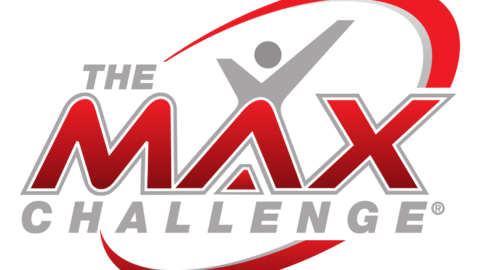Our "Last Splash" 5-Week Challenge begins August 5, 2024.
What is the rationale behind eating before vs. after exercise?
To answer this question, I have been reviewing the literature on this topic and it appears that there is not a general consensus on this subject. The answers, which are still up for debate seem to depend on the goals you are trying to achieve. It appears that not only the timing of meals, but the type of meals, and the timing of exercise plays a role on the metabolic effects.
In an animal study by Sasaki published in Nov 2014, his findings suggest that eating in the morning and exercising later in the afternoon or evening has a more beneficial effect with regard to body fat and weight gain. In the group that ate early and exercised later, the was less body and fat weight gained. In addition, there was an increase in skeletal muscle weight gain. So according to his findings, eat earlier in the day and exercise later for increased fat loss and increased skeletal muscle weight gain.
S. Bo published a study in Dec 2015 in the International Journal of Obesity that found that the same meal consumed in the evening resulted in a decreased resting metabolic rate and increased insulin response. In English, this means that you will essentially burn more Calories by eating a meal in the morning then you would by eating the same meal in the afternoon or later evening. Furthermore, multiple studies have observed that skipping breakfast is correlated with obesity, elevated BMI (body mass index) and increased waist circumference.
According to KJ Hackney in a study published in the journal of Medicine and Science in Sports and Exercise, consuming protein before heavy resistance training (weight training) results in an increase in resting energy expenditure (increased metabolism) as compared to consuming carbohydrates prior to heavy resistance training. Other research suggest that whey protein is beneficial because it is fast absorbing and contains branched chain amino acids, specifically leucine, which has anti-catabolic (muscle breakdown) and increased anabolic (muscle building) signaling.
For trained athletes who are competing in endurance (long time or long distance) exercises, the recommendation at this time is to consume low glycemic carbohydrates or complex carbohydrates such as oatmeal, heavy mixed grain breads, or most vegetables. Exercising in a fasted state compromises fuel stores and results in less than optimal performance. There is also some research to suggest that high fat or even protein intake before exercise can be beneficial as well. Therefore, again there is no definitive consensus on the type of food to consume prior to exercise.
In another study, published by Sasaki in 2014 in the Journal of Nutritional Science and Vitaminology, eating between 1 and 4 hours before exercise resulted in no difference in the metabolism of trained subjects. The metabolism of both carbohydrates and fat oxidation remained the same despite the timing of intake. Thus, as long as you eat between 1 and 4 hours before exercise there is no difference in the body’s ability to metabolism fat and carbohydrates afterwards.
Obviously, eating a very heavy meal immediately before exercise is not recommended because your body will shunt blood to your stomach and GI tract to help with digestion and this blood flow will be at the expense of your muscles. Small meals with moderate complex carbohydrates and protein, such as an almond milk smoothie, with protein powder and a little fruit, eaten at least 30 before exercise may be ideal. This allows for some digestion to occur prior to exercise and allows for fuel stores to replenish.
With regard to eating after exercising, the British Journal of Nutrition published a study in 2013 by NM Farah, that contradicts the above studies, and demonstrated that there may be an advantage for body fat regulation exercising before breakfast instead of after breakfast.
Further research suggests that eating a meal right after resistance exercise (weigh training) may increase muscle mass and decrease adipose (fat) tissues as opposed to eating a meal several hours after weight training. After your workout, your body needs to repair itself and restore the energy you just burned. For the first 2 hours after your workout, your body uses your food intake to refill your muscle energy stores. Two-hours post exercise, this ability to store energy decreases by about 50%, and then those Calories are more likely to be stored as fat.
As was discussed in prior articles, insulin sensitivity is very important. The more resistant you are to insulin, the more likely you will have issues such as abdominal obesity, heart disease, high blood pressure, diabetes, etc. By eating within 2 hours after exercise, there is a beneficial effect on your body’s insulin sensitivity for the next 24 hours.
A small meal at least 30 minutes to 1 hour prior to exercise appears to refuel your energy stores and enable more optimal performances during exercise. Eating within 2 hours of completing exercise helps to refuel your muscle glycogen stores and appears to enhance metabolism and increase insulin sensitivity for the following 24 hours. Our bodies are remarkably complex and depending on genetics, environment, and baseline level of fitness, our needs are different. As always, it is important to listen to your body and eat accordingly.
Disclaimer. The information provided here is not intended to substitute for medical care and should not be used for treatment or diagnosis. If you have, or suspect you have a problem concerning your health please consult with a licensed healthcare professional.


